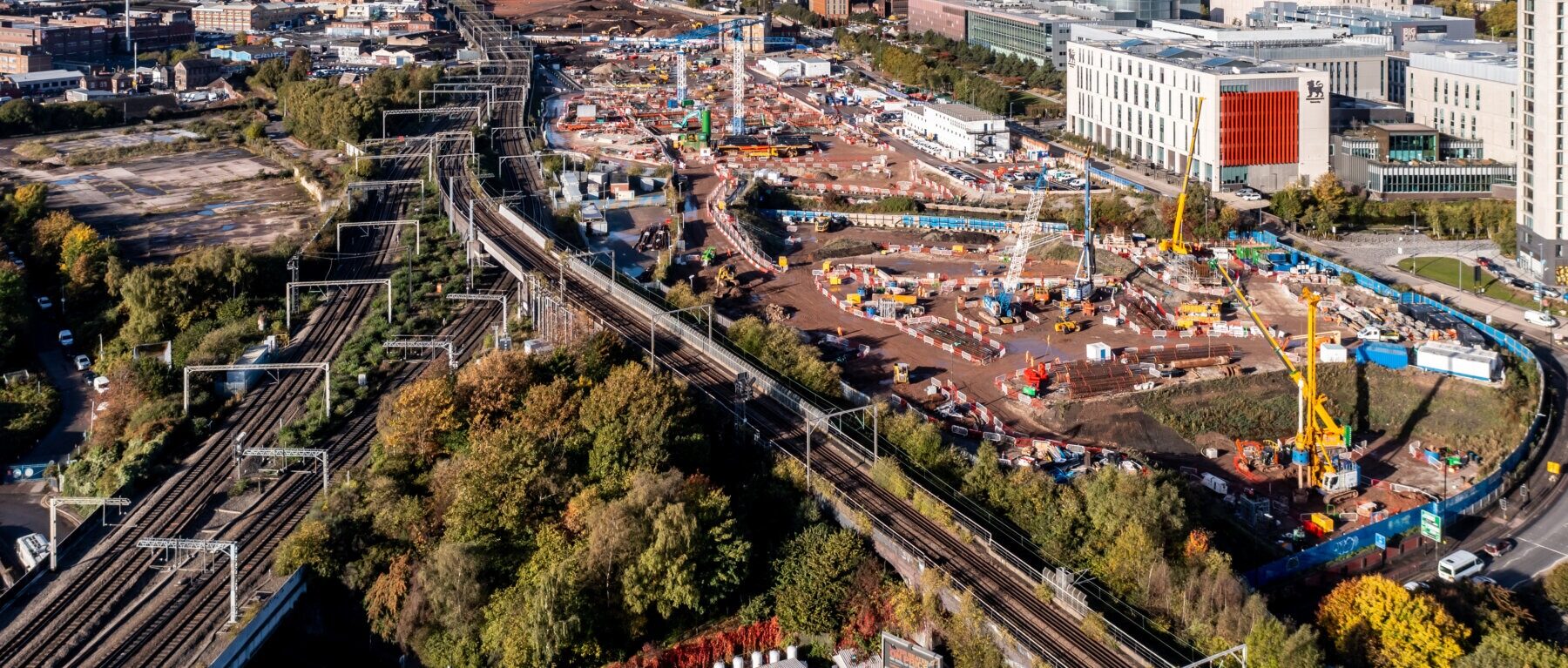The thing is the UK can do large rail projects which are successful (Jubilee Line extension, Elizabeth Line, etc.), the issue is generally they are a one a generation thing, so you have to retrain all the staff involved in them.
This means that things aren't done efficiently.
Agree, the supply chain will quite quickly unlearn what it has learned.
However the budget/schedule difficulties get forgotten by the general public and now London is unimaginable without these links.
I wonder why people think it'll be different for HS2? Perhaps it's because some people are very confident that it will underperform, however:
If anything HS2's economic case is conservative.
Business cases for rail lines appear to systematically underestimate ridership. HS2 isn't directly comparable to Borders/Northumberland/Okehampton/Xrail, but there is obviously a decent chance the business case not only under-estimates direct ridership, but may also have a double whammy on released capacity on the existing network. i.e. It can be true that both the legacy growth is not properly accounted for, but also, it has been under-estimated.
was HS2 too ambitious a project for Great Britain to stomach ?
It clearly has been shown to be. It's been done to death that there was a lack of robust political willpower/consensus, so there was a rush to get past the point of no return before it could be cancelled (which to be fair it managed to do). But this meant immature designs and a supply chain that lacked the experience/capacity leading accounting for at least some of the cost/schedule over-runs.
Network Rail made some similar errors with GW electrification within a few years of these key HS2 decisions being made.
Coming back to Ph2a. Have the issues it was designed to address gone away?
Network North sort of implied they had (due to pandemic) but really ignored it and drew attention to other issues by proposing a shopping list of schemes.
If they have not, the options seem quite limited, although doing nothing is always an option.
Adding capacity to the M6 will be very hard (politically and technically) - it's mostly all-lane running so adding a new running lane might even mean building 2 lanes each way to reinstate the hard shoulder. This, or building a new or heavily upgraded A34 is probably something beloved of crayonistas on the road forums.


